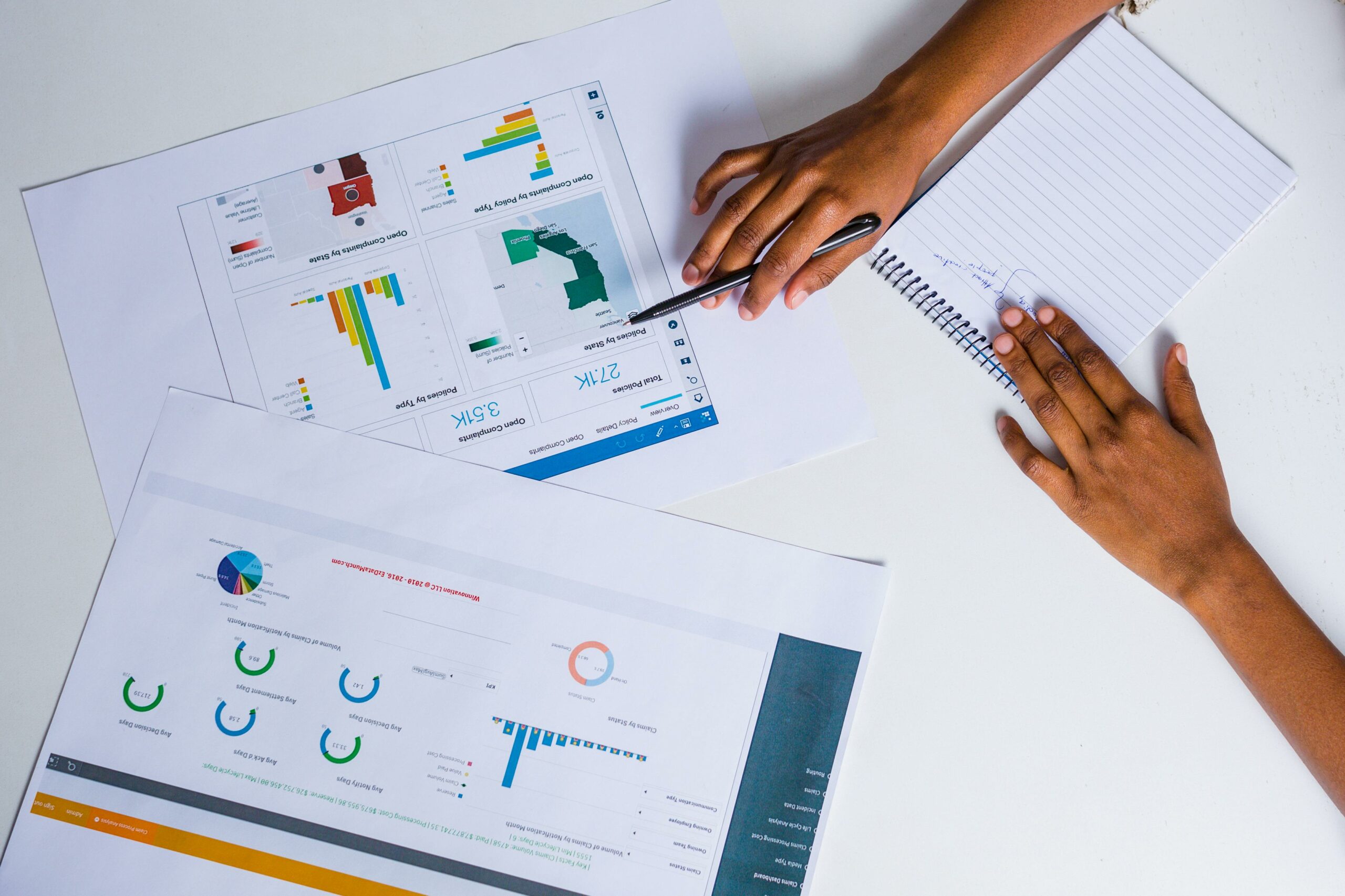The Future of Accounting

13/04/2024
The Future of Accounting
Technological advancements and changing business environments are driving accounting towards a revolutionary future. The future of accounting looks bright and exciting, with developments such as the integration of artificial intelligence and the emergence of sustainable financial reporting expected. Let's examine some of the key trends and advances that are redefining traditional methods and reshaping the accounting industry as we dig deeper into the future of this industry:
- Cloud Computing - With the growing popularity of cloud-based accounting software, accountants will be able to access financial data from any location with an Internet connection. Furthermore, cloud-based solutions facilitate file sharing and teamwork. It saves a lot of time by giving every accountant on the team instant access to their accounting data.
- Automation and Artificial Intelligence (AI) - Automation and artificial intelligence (AI) will continue to transform the accounting industry by streamlining repetitive activities such as data entry, reconciliation, financial analysis and reporting. This will allow accountants to concentrate on higher-value tasks and will improve accuracy, efficiency and scalability.
- Big Data Analytics - The term "big data" refers to the volume of information that organizations collect from various sources. To stay competitive, accounting firms must figure out how to store this data, use it for insights and transform it into actionable knowledge. In order to maximize financial performance and reduce risks, accountants can use data analytics to spot trends, identify anomalies and make data-driven decisions.
- Blockchain Technology - Blockchain technology, which offers transparent and secure record-keeping systems for financial transactions, will be heavily involved in accounting. Blockchain-based ledgers reduce fraud risk and streamline audit procedures by providing improved integrity, traceability and efficiency to record cash flow and reconcile accounts, as well as record and store assets, liabilities and transactions.
- Shift towards Advisory Services - Accounting firms should provide consulting services in addition to more conventional accounting and tax reimbursement services. Making recommendations about how a company can use new technologies to increase productivity or solve problems in other areas, such as human resources or operational program management, is an example of advisory services.
- Focus on Sustainability Reporting - Developing ESG metrics, assessing performance and ensuring compliance with reporting guidelines are critical tasks for accountants to meet regulatory requirements and stakeholder expectations.
The accounting industry is changing and becoming more accessible, efficient and safe than it has ever been thanks to these trends and technologies.
Prepared by: Seda Janazyan, Business Analyst at CFOnline.co
All Categories
Recent Posts
Davit Iskandaryan
Maximizing Financial Insight: The Power of CFO Dashboards
Davit Iskandaryan
Navigating the Startup Financing Stages
Davit Iskandaryan
Empowering Financial Future Through Payment Calendars
Tags
access to expertise
accounting
AI
Automated decision-making
benchmarking
big data
budgeting
Business Valuation
cash
comparative analysis
cost efficiency
crypto
dashboard CFO
DCF
Defi
discounted cash flow
equity
Finance
financial management
Financial planning
Innovation Financial Management CFO
investments
investor
IoT
money
multiple
outsource
regulatory compliance
report
risk reduction
startups
term sheet
valuation
venture
WACC
Working capital Financial management



